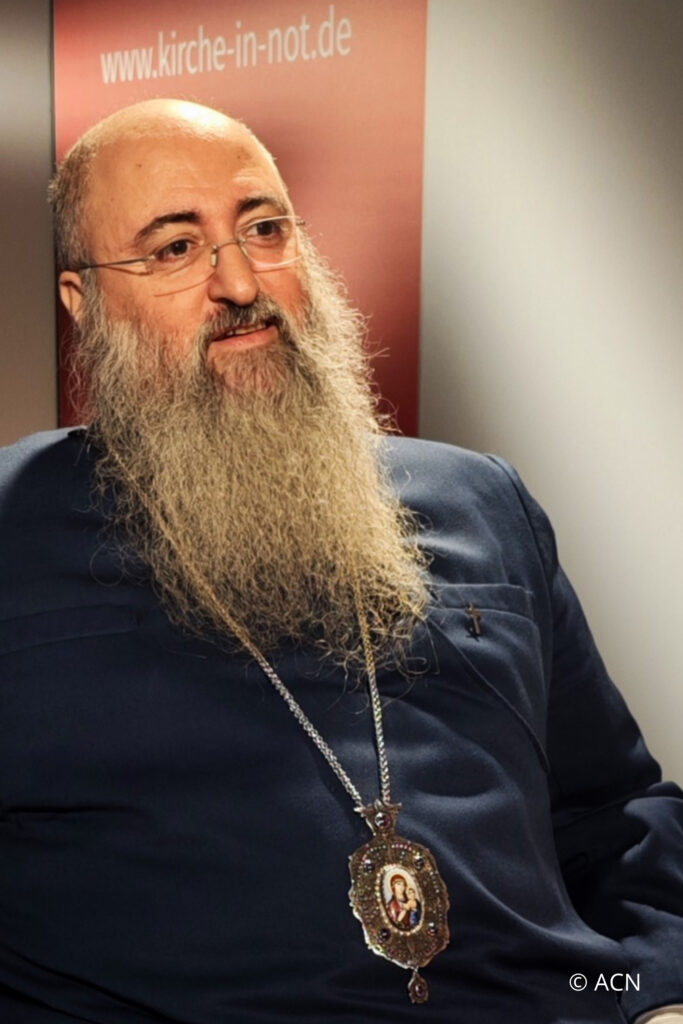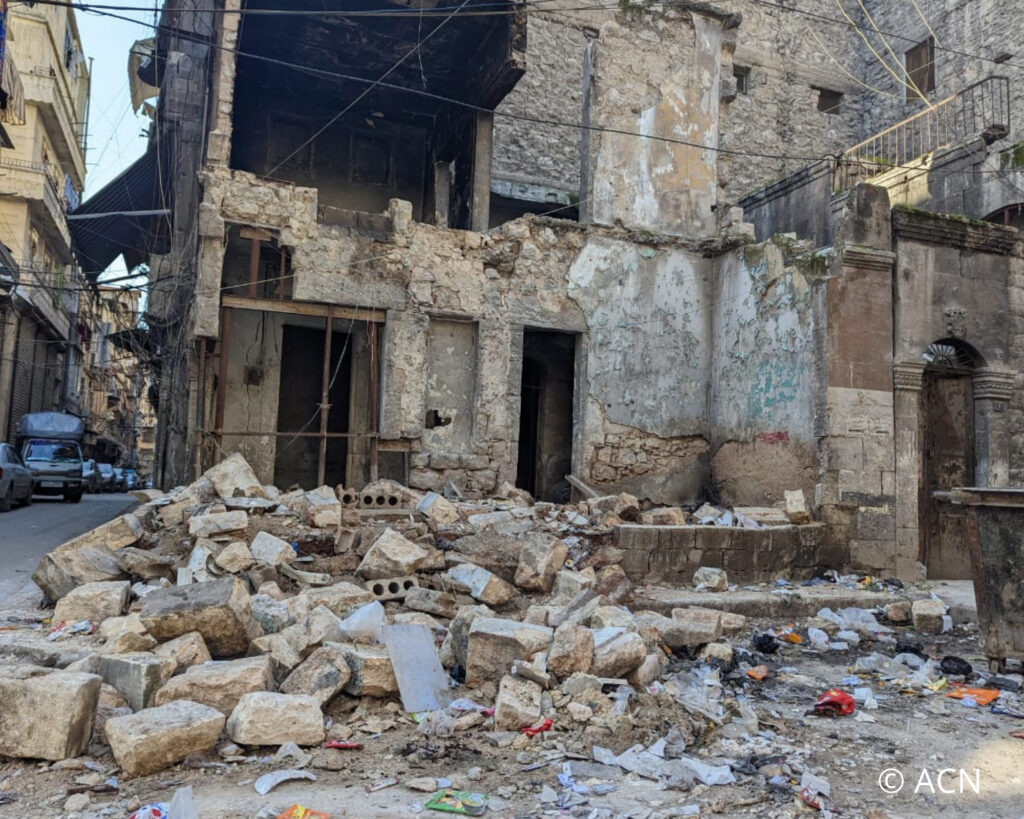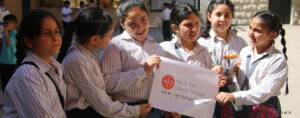On the first anniversary of the earthquake, a bishop in Aleppo calls for an end to sanctions and appeals to people not to forget the country.
The Armenian Orthodox bishop of Aleppo in Syria, Magar Ashkarian, has called for an end to the sanctions imposed on Syria, saying “most people are leaving the country in response to the sanctions, which is presenting us—especially minorities such as the Christians—with major challenges.” He listed current shortages of power and gas, and the large number of people without work as the greatest concerns.

“The future is bleak; we don’t know what we’re going to do,” said the bishop in an interview with the international Catholic charity Aid to the Church in Need (ACN).
At present, the Armenian Orthodox community he oversees is trying to find affordable accommodation for young couples and give them financial support to encourage them to stay.
The bishop has been the leader of the Armenian Orthodox community in Aleppo since 2022, having previously served in Lebanon and Iran, among other places. He appealed to the international community “to make every effort, morally and financially, to help strengthen the presence of Christians in the Middle East, and in Syria in particular,” describing the situation there as “intolerable.” He explained that the earthquake on February 6, 2023, which affected both Turkey and parts of Syria, made the humanitarian situation worse.

“We don’t talk about ecumenism; we put it into practice”
Msgr. Ashkarian believes that the continuing migration of Christians will present the region with additional problems. “In order to protect Christian values, Christians must remain here in the Middle East, where these values are more deeply appreciated,” he said. “In the Western world, with its secularism and globalization, the current is sweeping everything away.”
The bishop thanked organizations such as ACN for using “open windows and doors” to help the people of Syria. Msgr. Ashkarian said that the civil war, which began in 2011, and the continuing crisis have brought the previously often disconnected Christian confessions closer together: “We live together in a very close relationship and try to help entirely without discrimination.”
According to the bishop, Aleppo alone is home to 11 Christian confessions, whose representatives have come together to coordinate aid measures: “The war, and the earthquake in particular, have brought us closer to each other. Organizations, including ACN, have played an instrumental role in this context.” In Aleppo, he said, ecumenism isn’t talked about. “Here we put it into practice.”

Hoping for support
Msgr. Ashkarian also expressed hope in light of the coexistence of Christians and Muslims, who in Syria have lived side by side for centuries. “Everyone has the same rights. We live in the country as brothers and sisters.”
To maintain this sense of unity, assistance is crucial for all the people in Syria. “Whoever reads these words, in governments or institutions, or in a private capacity, please do whatever you can to help us out of this plight,” he pleaded.








